“The world is changed by examples, not by opinions.”
– Marc Andreesen (Founder of Netscape, the first dominant web browser)

“The world is changed by examples, not by opinions.”
– Marc Andreesen (Founder of Netscape, the first dominant web browser)
This content is accessible to paid subscribers. To view it please enter your password below or send mike@standardsmichigan.com a request for subscription details.
“Systems of Logic Based on Ordinals” Alan Turing PhD dissertation 1938
Computing Machinery and Intelligence 1950
May 28, 1936: Alan Turing submitted his paper “On Computable Numbers, with an Application to the Entscheidungsproblem” that would quietly spark the digital revolution with the design of a machine (Bombe) that significantly shortened World War Two in Europe.
“Science is a differential equation. Religion is a boundary condition.”
– Alan Turing (1912-1954) pic.twitter.com/51WTlKFmXr
— Physics In History (@PhysInHistory) May 16, 2025
– Alan Turing (1912-1954)
#OnThisDay May 28, 1936, Alan Turing submitted his paper “On Computable Numbers, with an Application to the Entscheidungsproblem” for publication.
It quietly laid the foundations of modern computer science.
A thread: pic.twitter.com/meIuDnn9VI— History of the day (@hist_of_the_day) May 28, 2025
Related:
Facilities | WRNS Studio Frist Health Center (~$48.5 Million)
The purpose of the American Standard for Nursery Stock — ANSI Z60.1 — is to provide buyers and sellers of nursery stock with a common terminology in order to facilitate transactions involving nursery stock. This standards establishes common techniques for
(a) measuring plants,
(b) specifying and stating the size of plants,
(c) determining the proper relationship between height and caliper, or height and width, and
(d) determining whether a root ball or container is large enough for a particular size plant.
This document — prepared under a grant to ANSI by AmericanHort — is a communication tool for the exchanges of products and services but does not provide buyers with any assurance of the health or quality of the nursery stock being specified or sold. It does not cover labor resources.

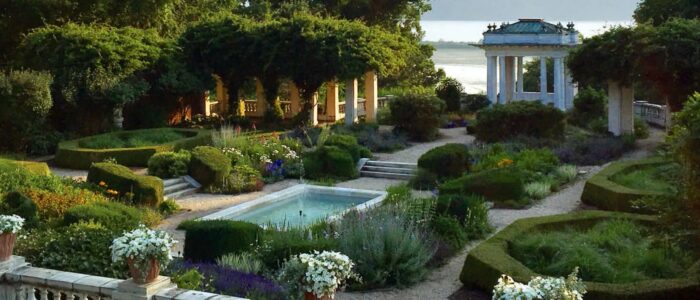
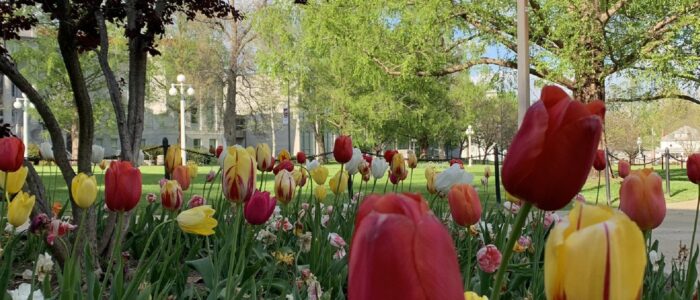
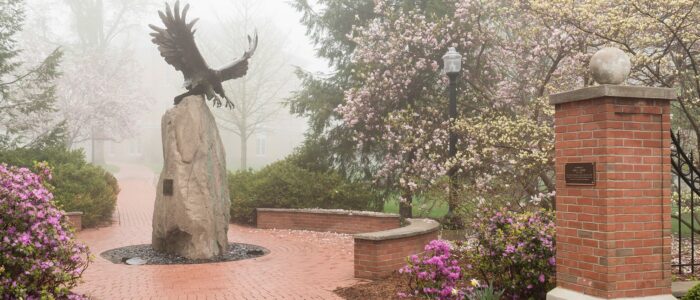
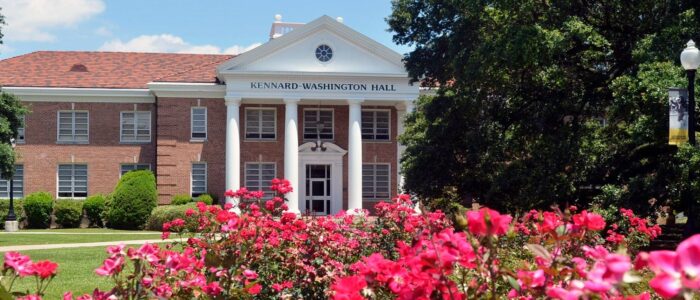
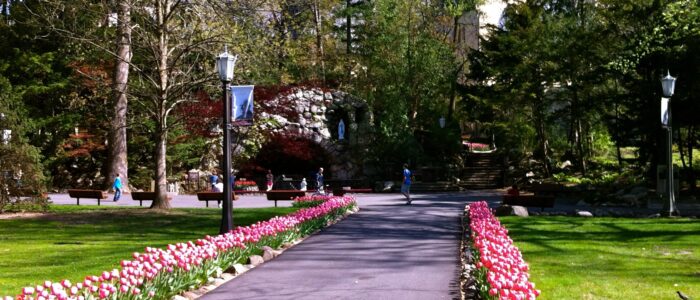
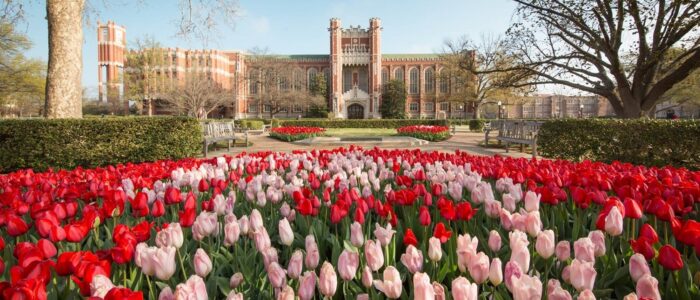
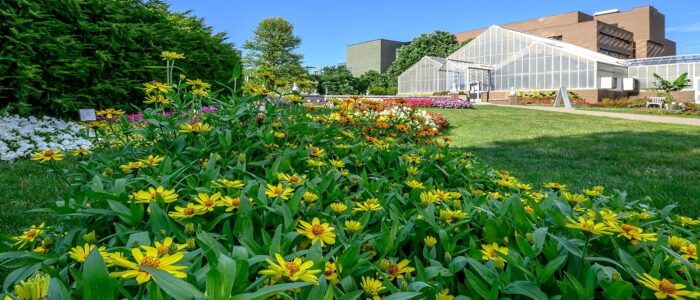
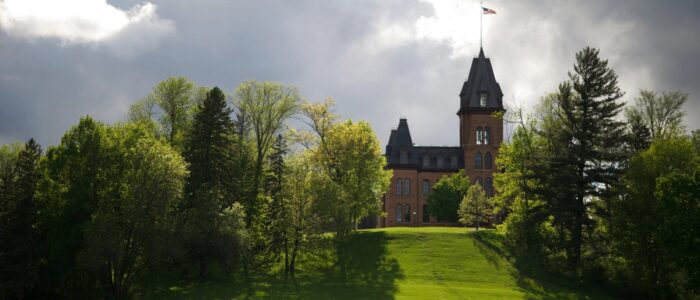
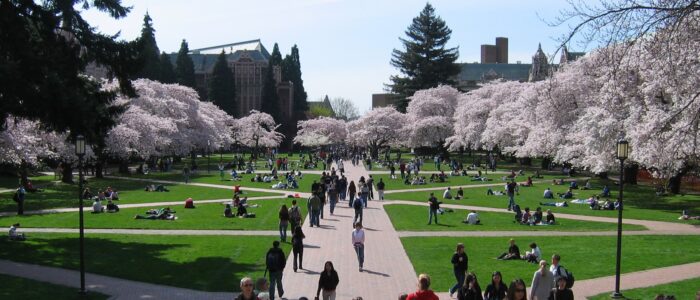
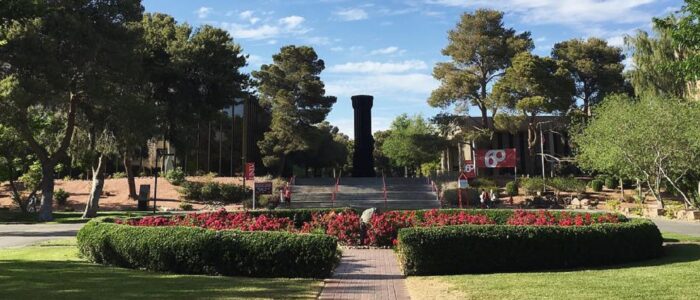
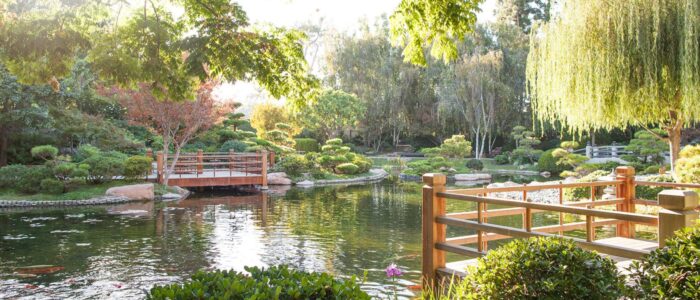
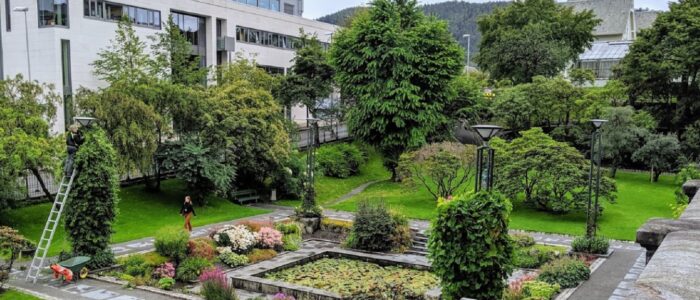
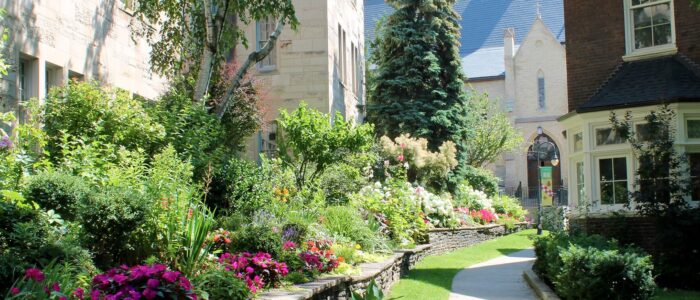
The American Hort standards landing page is linked below:
American Nursery Stock Standards
CLICK HERE for the current edition of ANSI Z60.1 2014
The 2014 revision should be entering another revision cycle though the pandemic has slowed standards setting among many non-profits. We encourage front-line staff to participate directly in the American Hort standards setting enterprise. CLICK HERE for contact information.
We sweep through the status of best practice literature for anything related to exterior assets in education communities during our Bucolia colloquium. See our CALENDAR for the next online meeting; open to everyone.
Issue: [18-160]
Category: Bucolia, Pathways
Delivering our rhubarb around the village#Sunday pic.twitter.com/vEmSF4k8Uo
— Megs (@meg_j_boyle) April 28, 2024
The University of Wyoming Extension service provides research and education to farmers and ranchers; funded by federal, state, and local sources:
The Extension service also offers consultations, workshops, field days, and other events to help farmers and ranchers stay up-to-date on the latest research and technologies in agriculture.
This content is accessible to paid subscribers. To view it please enter your password below or send mike@standardsmichigan.com a request for subscription details.
This content is accessible to paid subscribers. To view it please enter your password below or send mike@standardsmichigan.com a request for subscription details.
Although electrical power delivered with both active and reactive components our interest lies primarily in the useable power component — watts (power) and watt-hour(energy). A secondary concern is whether or not energy useage meters are over-specified; particularly on points in building power chains downstream from the utility service meters.
Electrical meters, used for measuring electricity consumption, must comply with various codes and standards to ensure accuracy, safety, and reliability. Today at the usual hour – from the user point of view – we will review the status of key codes and standards relevant to electrical meter manufacturing, primarily focusing on North American standards. Use the login credentials at the upper right of our home page.
ANSI C12.1 – Code for Electricity Metering
ANSI C12.10 – Physical Aspects of Watt-hour Meters
ANSI C12.20 – Electricity Meters – 0.1, 0.2, and 0.5 Accuracy Classes
ANSI C12.31 – Standard Definitions of AC Electrical Power
UL 2735 – Standard for Electric Utility Meters
NFPA 70 – National Electrical Code (NEC)
Related:
Comparative Feedback on Consumers’ Energy-Saving Behavior: A College Dormitory Example
The education industry in the United States is steward to large tranches of land assets; either through the Morrill Land Grant Act or municipal set-asides for public schools. In terms of square footage, the spaces between buildings far exceeds the square footage of the built environment — and the locus of public interest and environmental regulation. All of that square footage — usually measured in hundreds and thousands of hectares and acres — requires consideration of the competing interests of many stakeholders.
We display the accomplishments of employees devoted to the landscaping and gardening of educational organizations in a dedicated post:
Landscape and garden assets have their own set of construction and maintenance tools, many of which are continually improved by global equipment manufacturers, and fall within the scope of Subcommittee 13 under parent Technical Committee 23 Tractors and machinery for agriculture and forestry administered by the Association Française de Normalisation; the French national member body to the International Organization for Standardization.
The Outdoor Power Equipment Institute (OPEI) is ANSI’s US Technical Advisory Group administrator and the Global Secretariat for ISO TC/23/SC 13. The work program for Subcommittee 13 is linked below:
ISO/TC 23/SC 13 / Powered lawn and garden equipment
Note product standards cover many equipment classes and accessories for engine powered lawn movers, snow blowers, gardening machinery and the like.
ANSI encourages relevant stakeholders to participate in discovering standardization solutions in a broad range of technologies and markets with like-minded experts in other national standards bodies. The full sweep of ANSI’s participation in consensus documents developed by the ISO is described in the link below:
We encourage our colleagues in exterior grounds and landscaping units in the education facility industry to participate directly as a User interest in the OPEI standards development process. OPEI Standards Staff Contacts are listed on the OPEI Standards home page linked below:
Product Safety Standards Listing














We review the developmental status of consensus products that set the standard of care for equipment used to maintain pathways, lawns and gardens in education communities. Automation of the maintenance of these spaces is gathering pace; reducing cost and risk. See our CALENDAR for the next online meeting; open to everyone.
Issue: [18-155]
Category: Facility Asset Management, Grounds and Landscaping, International
Colleagues: Mike Anthony, Christine Fischer, Jack Janveja, Richard Robben
New update alert! The 2022 update to the Trademark Assignment Dataset is now available online. Find 1.29 million trademark assignments, involving 2.28 million unique trademark properties issued by the USPTO between March 1952 and January 2023: https://t.co/njrDAbSpwB pic.twitter.com/GkAXrHoQ9T
— USPTO (@uspto) July 13, 2023
Standards Michigan Group, LLC
2723 South State Street | Suite 150
Ann Arbor, MI 48104 USA
888-746-3670
